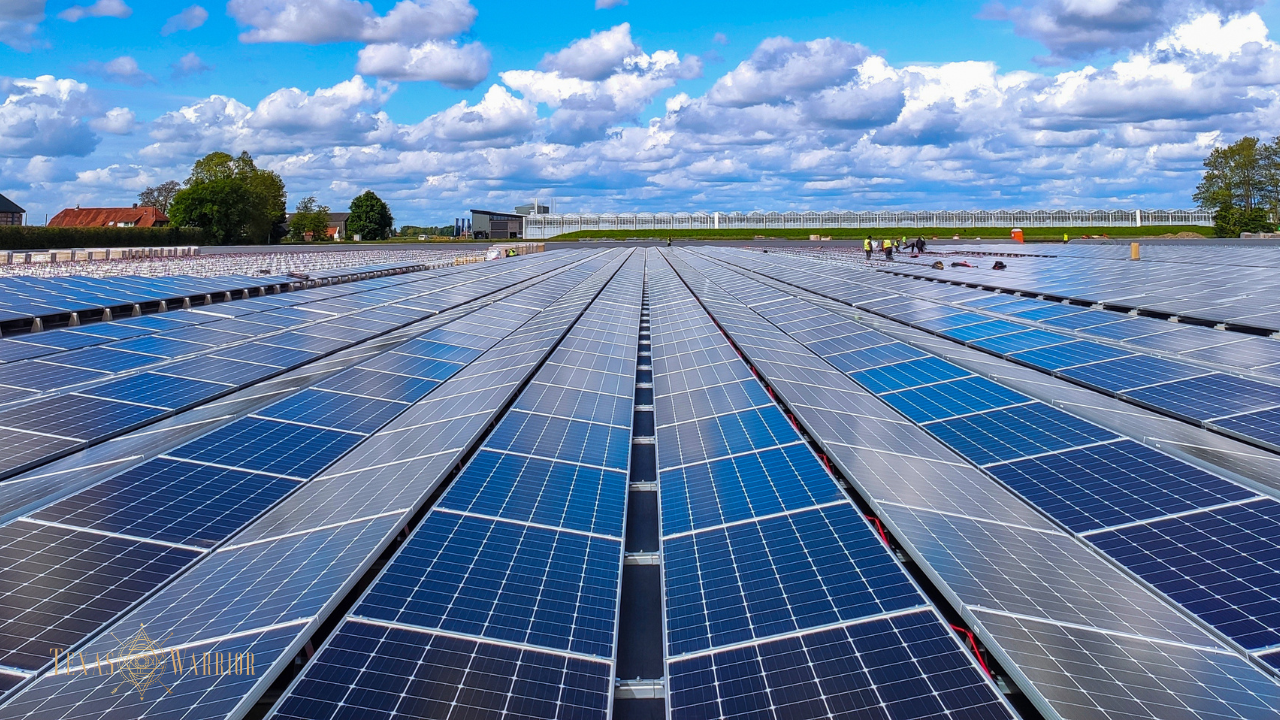
In the quest for sustainable and eco-friendly energy sources, solar panel energy stands out as a beacon of innovation and environmental responsibility. As we navigate the ever-evolving landscape of renewable energy, it’s crucial to comprehend the fundamental principles and benefits of solar power. In this article, we’ll explore what solar panel energy is, how it works, and why it holds immense promise for a greener and more sustainable future.
What is Solar Panel Energy?
Solar panel energy, also known as solar power, harnesses the radiant energy emitted by the sun to generate electricity. The primary tool in this process is the solar panel, a device composed of photovoltaic cells that convert sunlight into electricity. These panels, often mounted on rooftops or in solar farms, capture sunlight and transform it into a clean and renewable source of power.
How Do Solar Panels Work?
- Photovoltaic Cells: At the heart of solar panels are photovoltaic cells, commonly made of semiconductor materials like silicon. When sunlight strikes these cells, it excites electrons, creating an electric current.
- Generation of Direct Current (DC): The excited electrons flow through the cells, generating direct current (DC) electricity. This DC power is then channeled through an inverter.
- Inversion to Alternating Current (AC): The inverter converts the DC electricity into alternating current (AC), the standard form of electricity used in homes and businesses.
- Integration into the Electrical Grid: The AC electricity produced by solar panels can either be utilized immediately within the property or fed into the electrical grid. In some cases, excess energy generated during sunny periods can be stored in batteries for later use.
Key Components of Solar Panel Systems:
- Solar Panels: Photovoltaic cells arranged in panels form the core of solar energy systems. These panels come in various types, such as monocrystalline and polycrystalline, each with its own efficiency and cost characteristics.
- Inverter: An inverter is crucial for converting the DC electricity generated by solar panels into AC electricity suitable for powering homes and businesses.
- Mounting and Racking: Solar panels need to be securely mounted and positioned to capture the maximum sunlight. Mounting and racking systems ensure the stability and optimal orientation of solar panels.
- Monitoring Systems: Some solar panel installations incorporate monitoring systems to track energy production and system efficiency, providing valuable data for optimization.
Benefits of Solar Panel Energy:
- Renewable and Sustainable: Solar panel energy is a renewable resource, relying on the sun’s constant and inexhaustible supply of energy.
- Reduced Carbon Footprint: Solar power is a clean energy source that produces minimal greenhouse gas emissions, contributing to the global effort to combat climate change.
- Energy Independence: By harnessing solar energy, individuals and businesses can reduce reliance on traditional power sources, fostering energy independence and resilience.
- Cost Savings: Over time, solar panel installations can lead to significant cost savings on electricity bills, making them a wise long-term investment.
Conclusion: Embracing a Brighter Tomorrow
As we venture into a future where sustainability is paramount, understanding and embracing solar panel energy is key. The power of the sun, harnessed through innovative technology, has the potential to revolutionize the way we generate and consume electricity. From reducing our carbon footprint to achieving energy independence, solar panel energy illuminates the path to a greener and more sustainable tomorrow.
The journey towards solar power adoption is not just about technology; it’s about a collective commitment to building a world where clean energy powers our homes, businesses, and aspirations. By harnessing the energy of the sun, we take a significant step towards a brighter and more sustainable future.
Keywords: solar panel energy, renewable energy, photovoltaic cells, sustainability, clean energy, solar power system, energy independence, environmental responsibility.
References: